News and Stories

Mozambique Hosts a Regional PEN-Plus Study Tour
The NCDI Poverty Network’s co-secretariat in Maputo, Mozambique, and the Southern Africa Regional Hub recently hosted a study tour to enable representatives from the Ministries of Health of Angola, Eswatini, and Lesotho to learn about PEN-Plus implementation.

‘I Am a Warrior’: PEN-Plus Camp Shows the Power of Peer Support for Young People Living with Severe NCDs
“I am a warrior. I am brave. I am triumphant.” With that mantra, participants in Camp Tuli Bonse—an integrated camp for young people living in Zambia with type 1 diabetes or sickle cell disease—learned how a sense of unity can confer benefits beyond physical health.

African Health Leaders Call for a Greater Investment in Integrated Models of Care
Dr. Ana Mocumbi, co-chair of the NCDI Poverty Network, represented PEN-Plus at a high-level side event during the recent 75th session of the WHO Regional Committee for Africa. There delegates emphasized the urgent need for equitable access to prevention, screening, treatment, and rehabilitation across the continuum of care for people living with severe noncommunicable diseases.

Open for Care: Zambia Cuts the Ribbon on Fourth and Fifth PEN-Plus Clinics
Zambia health officials recently opened the country’s fourth and fifth PEN-Plus clinics, marking both occasions within weeks of launching the country’s national operating plan for the care of people living with severe noncommunicable diseases. Both new clinics have received support from the Scottish Government.

Health Leaders Commit to Accelerating PEN-Plus in Africa
At the second International Conference for PEN-Plus in Africa, recently held in Abuja, health leaders, policymakers, and development partners across Africa renewed their commitment to an accelerated implementation of the PEN-Plus to significantly expand access to care for people living with severe noncommunicable diseases.
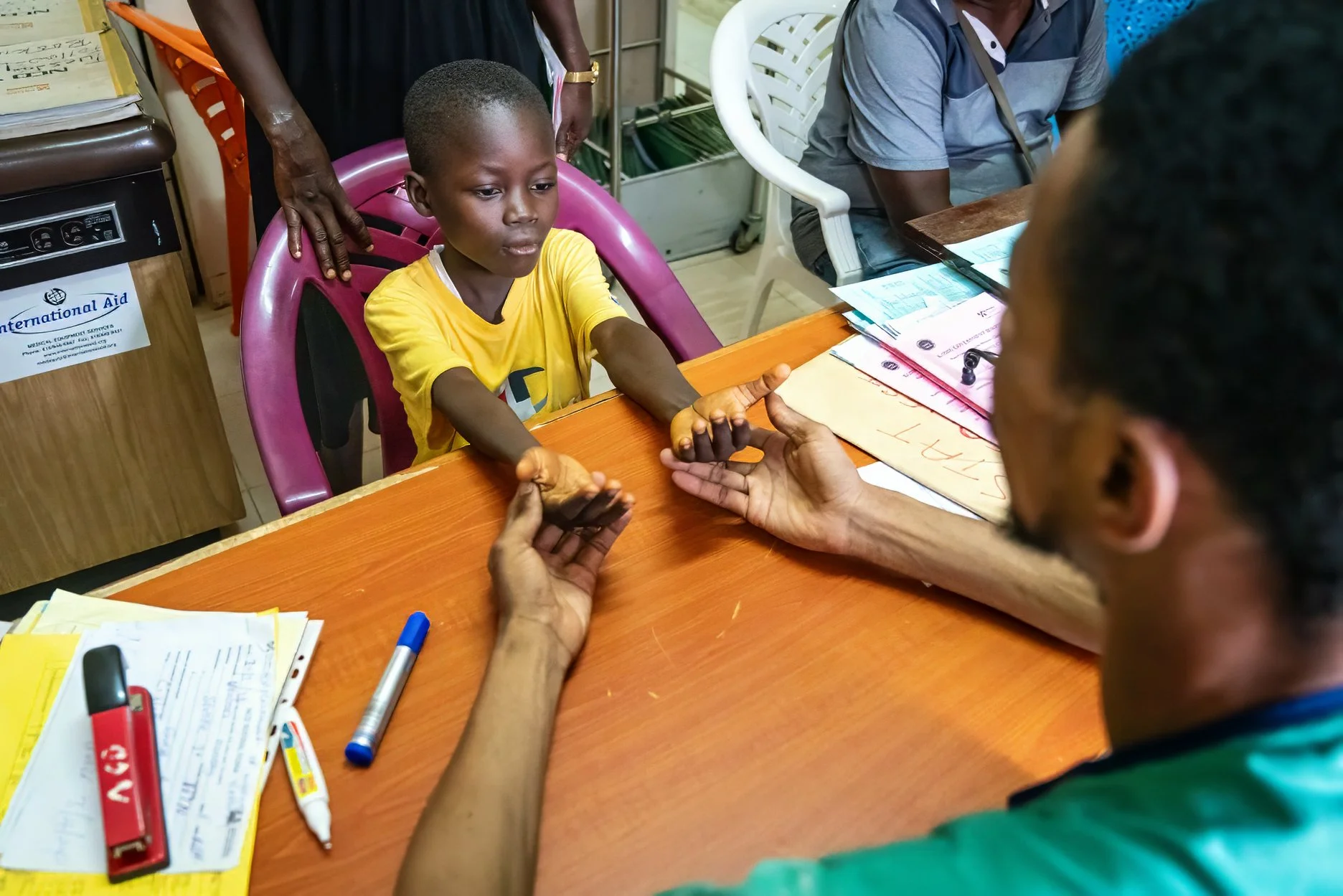
Toolkit Offers Guidance for Monitoring and Evaluating PEN-Plus Care
The NCDI Poverty Network recently launched the PEN-Plus Monitoring and Evaluation Toolkit, a comprehensive resource designed to help clinicians, implementers, and planners deliver high-quality care to people living with severe noncommunicable diseases in resource-limited settings.

ICPPA Positions Nigeria as Leading PEN-Plus Advocate, Media Coverage Shows
The second International Conference on PEN-Plus in Africa positioned Nigeria as a leading advocate for PEN-Plus across the African continent, media coverage of the July conference showed.

Zambia Launches National Operational Plan
Zambia health officials recently took a significant step forward in PEN-Plus implementation with the launch of a national operational plan to support and expand care for people living with severe, chronic noncommunicable diseases. The Centre for Infectious Disease Research in Zambia, or CIDRZ, a PEN-Plus implementing partner working with the NCDI Poverty Network, hosted a launch event in Lusaka.

Clinicians and Peer Educators Share Tools for Diabetes Self-Management
A peer education event in May brought clinicians and community advocates from Liberia, Sierra Leone, and Uganda together for training on type 1 diabetes management and symptoms, leadership, and…building towers out of spaghetti.

Webinar Series Solidifies PEN-Plus Collaboration Among Francophone Countries
Health officials from several French-speaking countries in western and central Africa have begun meeting in a new webinar series to share—in French—their challenges and successes in expanding care for people living with severe noncommunicable diseases. The new series solidifies a groundbreaking collaboration that began with a February study tour in Sierra Leone.
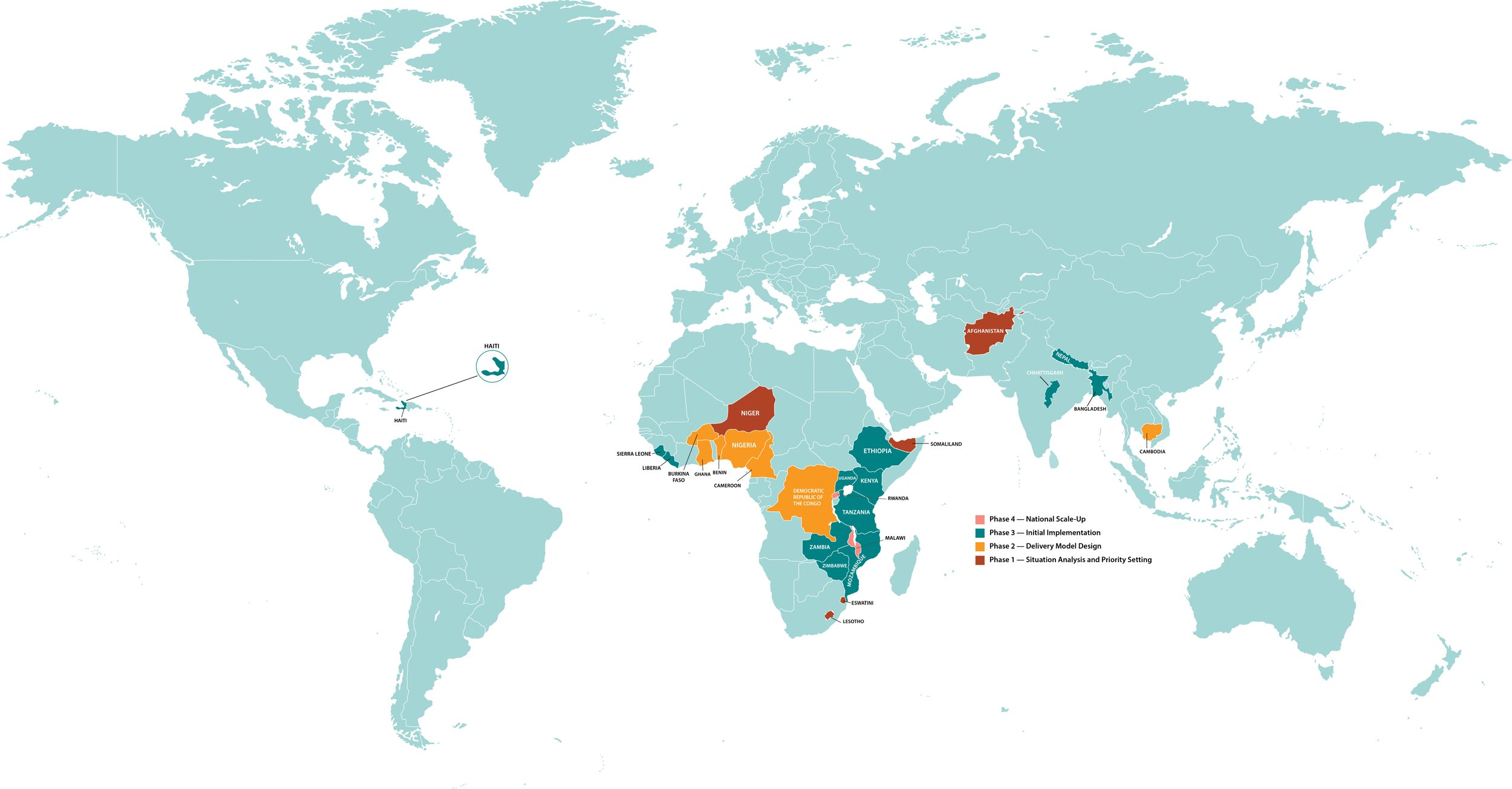
Four New Countries Join the NCDI Poverty Network
In just the past several months, the NCDI Poverty Network has grown from 23 partner countries to 27, with the most recent additions being Eswatini, Lesotho, Niger, and Somaliland.
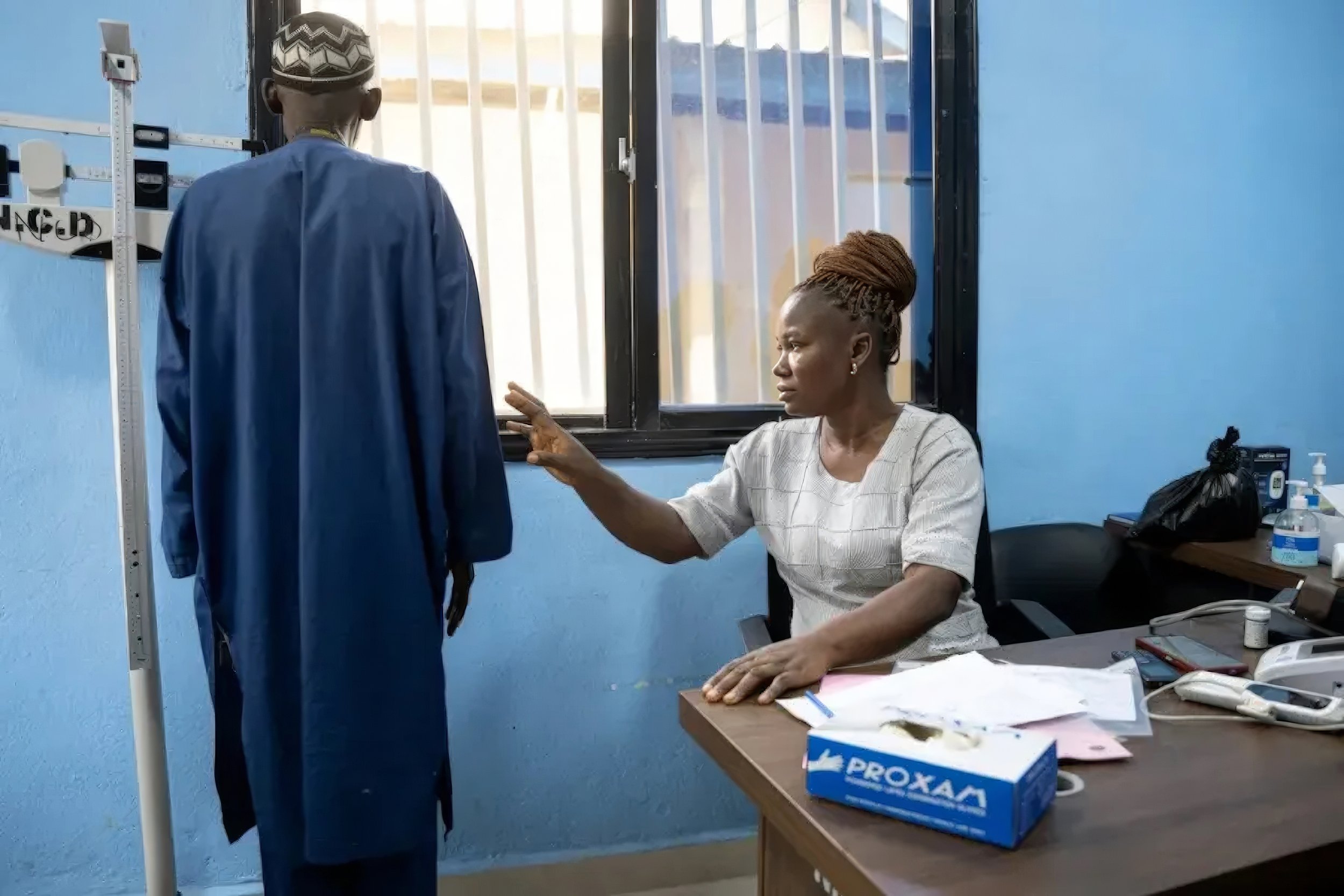
Partners In Health Details a PEN-Plus Clinic Opening in Sierra Leone
An audience of patients, clinicians, Ministry of Health officials, and community members recently gathered to celebrate a historic milestone for Sierra Leone: the launch of a purpose-built PEN-Plus clinic at Koidu Government Hospital. Partners In Health, the implementing partner for PEN-Plus in Koidu, has published an account of the clinic’s services.

Study Shows Medicine and Equipment Gaps in Advance of PEN-Plus
A newly published study found that only two of 16 health facilities assessed in nine lower-income countries had all the functional equipment needed to diagnose and manage care for people living with type 1 diabetes. Two of the facilities had none of the necessary equipment.

Network Advocates for Expansion of WHO’s Essential Medicines List
The NCDI Poverty Network has submitted proposals to the World Health Organization suggesting it add analogue insulins and a triple fixed-dose antihypertensive medicine combination to its Model List of Essential Medicines. The Network has also proposed that WHO reclassify hemoglobinopathies to shine more of a spotlight on sickle cell disease and thalassemias.

WHO AFRO Publishes Landmark PEN-Plus Report
The WHO Regional Office for Africa recently published a landmark report that details the impact and momentum of the PEN-Plus model, providing a valuable tool for advocacy and information about integrated care for people living with severe, chronic noncommunicable diseases.

Zimbabwe Finalizes National Operational Plan for PEN-Plus
Zimbabwe recently finalized its national operational plan for PEN-Plus, becoming the first country to do so among the dozen nations that began implementing PEN-Plus in 2022–23. “This plan shows the great commitment of Zimbabwe’s Ministry of Health and its supporting partners to take the lessons learned from its initial experience with PEN-Plus to the next level,” said Dr. Neil Gupta, senior director of policy for the NCDI Poverty Network.
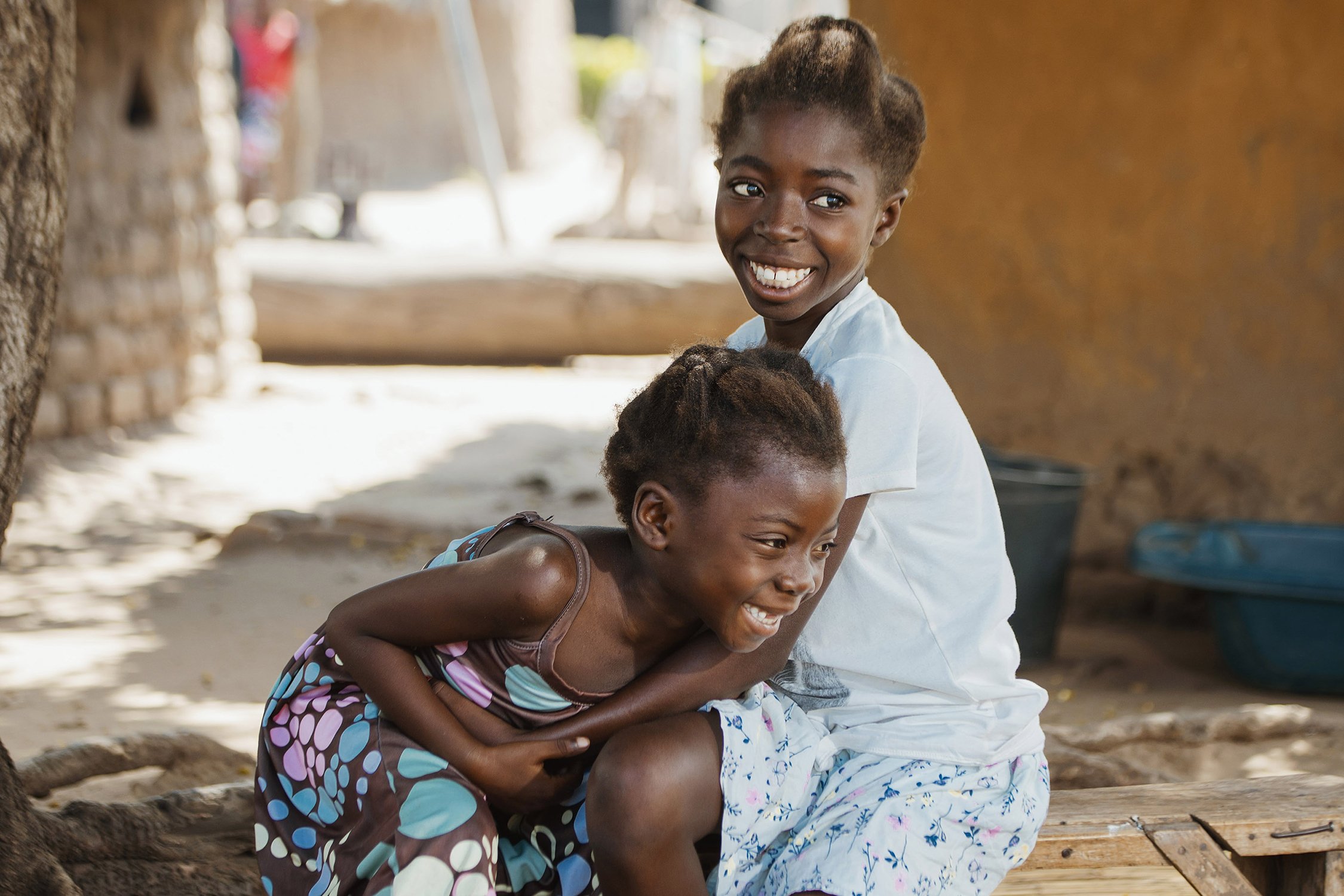
The Missing Pieces: The Network Publishes a Statement on the Global NCD Agenda
The NCDI Poverty Network recently published a position statement that identifies the crucial pieces—and populations—missing from the global NCD agenda. With this statement, the Network seeks to inform policy discussions in the lead-up to the Fourth United Nations High-Level Meeting on the Prevention and Control of Noncommunicable Diseases, slated for September.
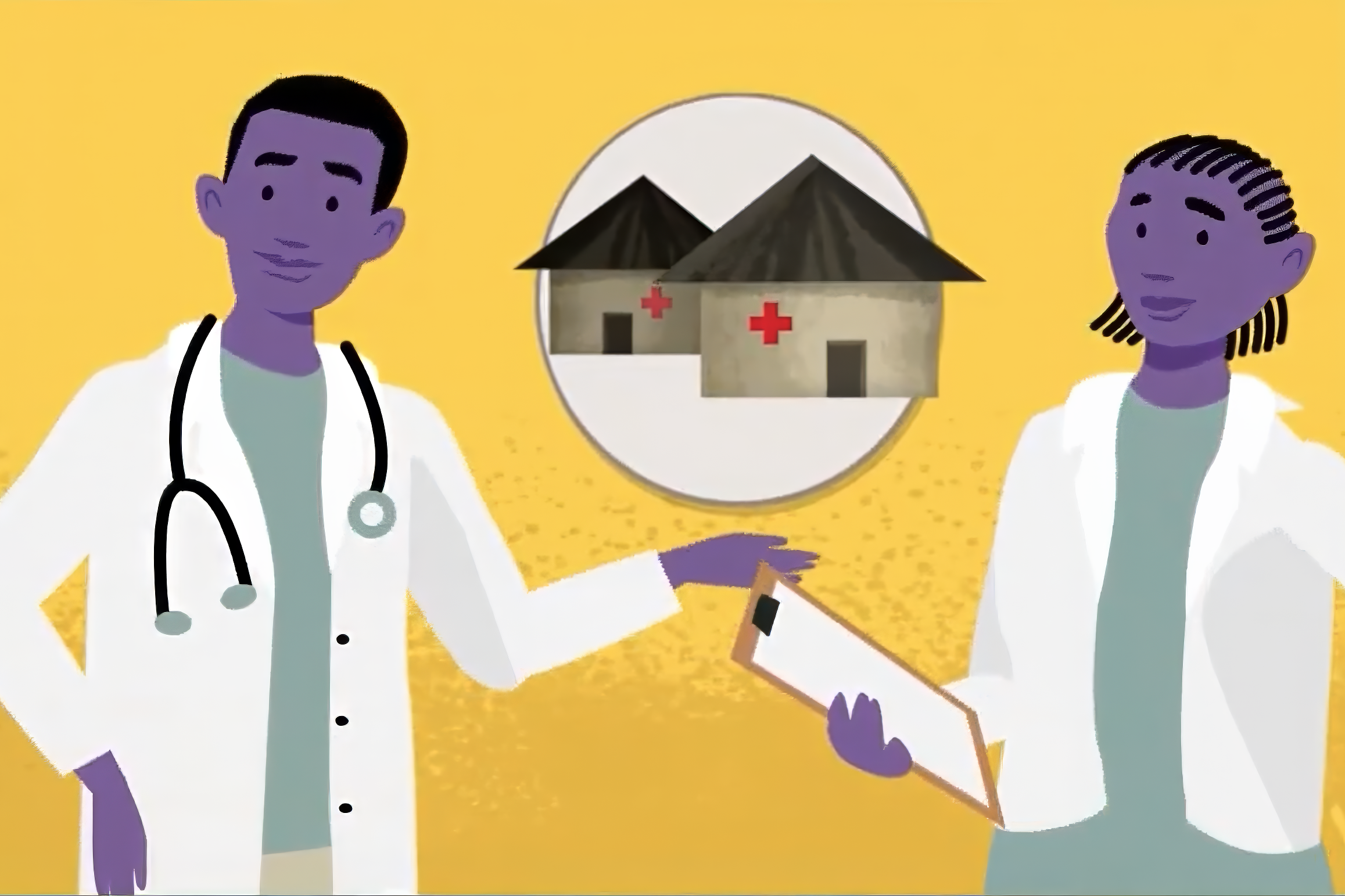
PEN-Plus in Animation
Although the central concept behind PEN-Plus is relatively simple, it can be challenging to explain the model simply. Fortunately, the World Health Organization’s Regional Office for Africa recently shared an updated version of its animated explainer video on PEN-Plus.
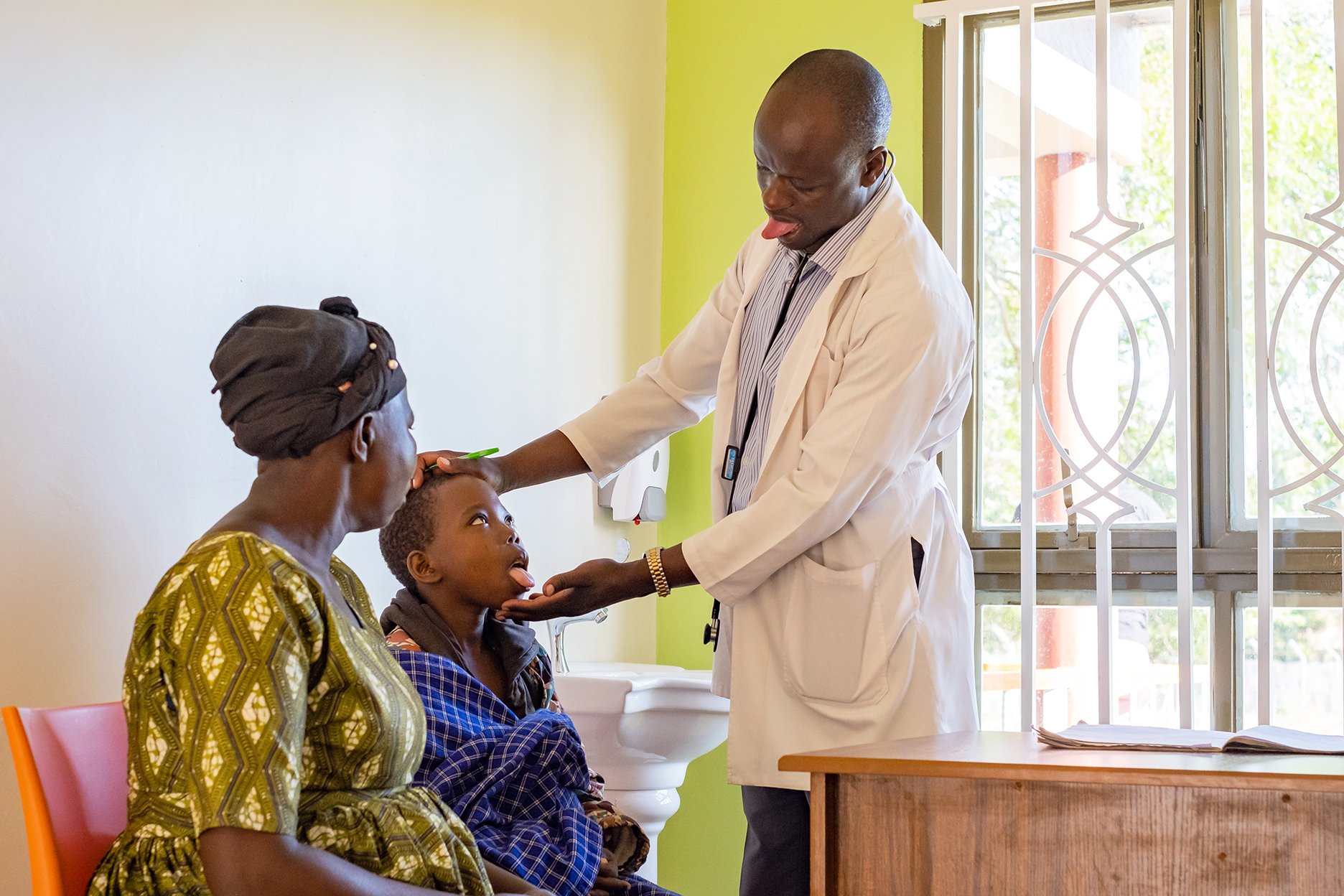
Webinar to Explore the Impact of PEN-Plus on the Care of Children with NCDs
Dr. Neil Gupta, a pediatrician and the senior director of policy at the NCDI Poverty Network, will join a panel of healthcare providers in an upcoming webinar that explores how PEN-Plus affects the care of children living with severe NCDs. The International Pediatric Association is hosting the webinar on March 25.
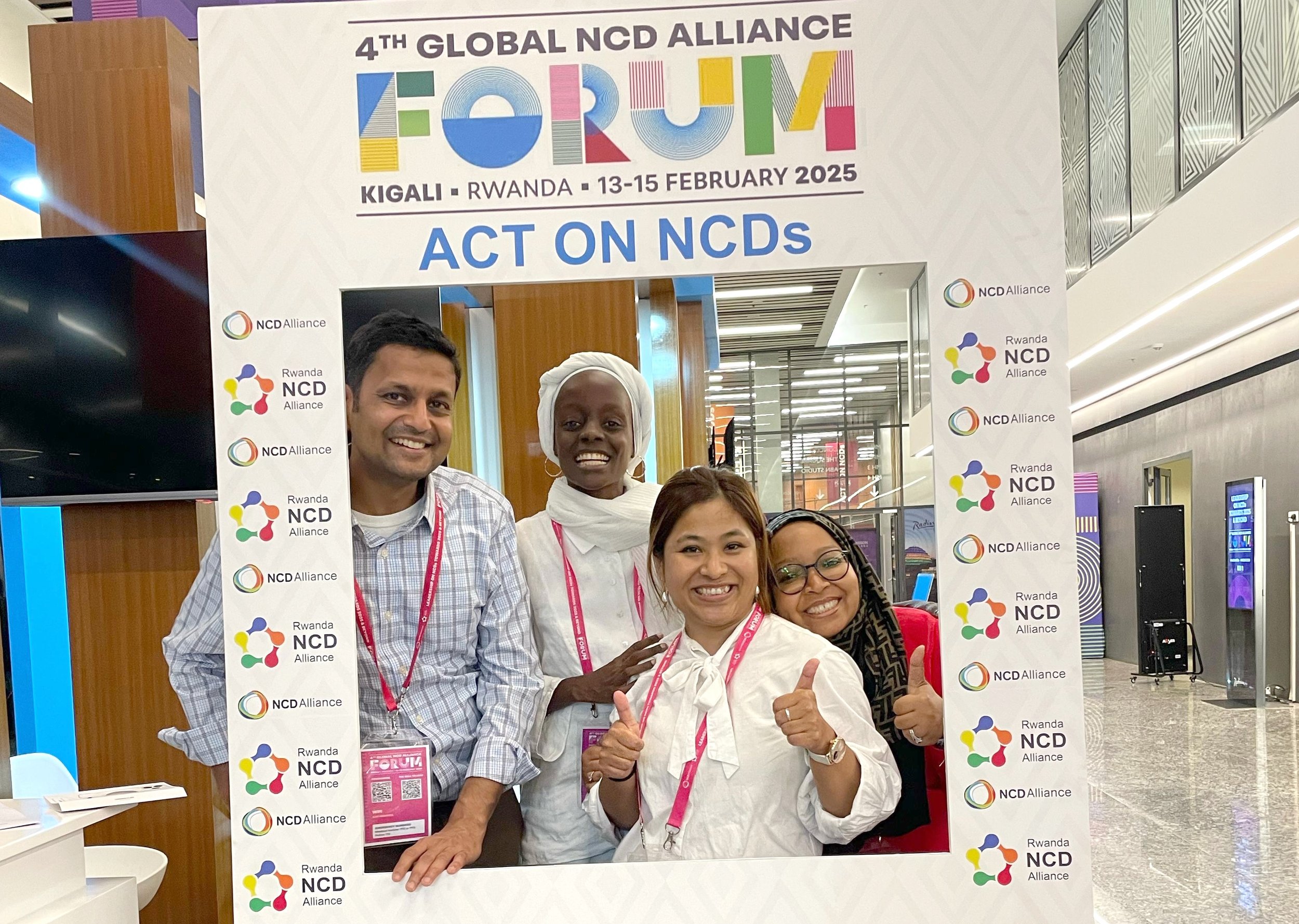
‘A Solution That Works’: PEN-Plus Praised at the Global NCDA Forum
The NCDI Poverty Network’s recent week of advocacy in Rwanda included visits to two hospitals, a conference with more than 700 attendees, a panel with four expert speakers, and one recurring theme: the recognition that PEN-Plus is an effective model for mobilizing action and financing to increase access to care for people living with severe, chronic noncommunicable diseases.
